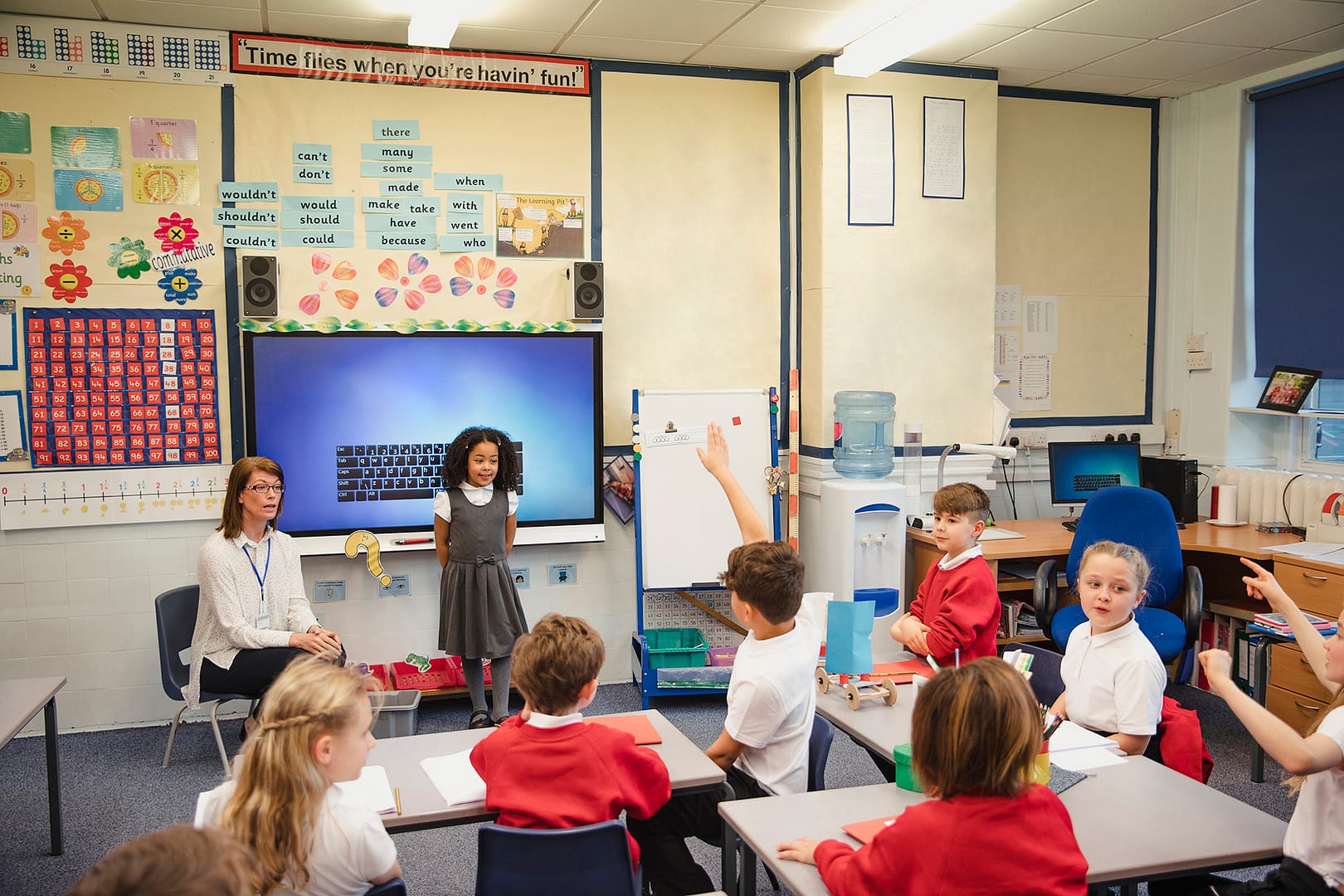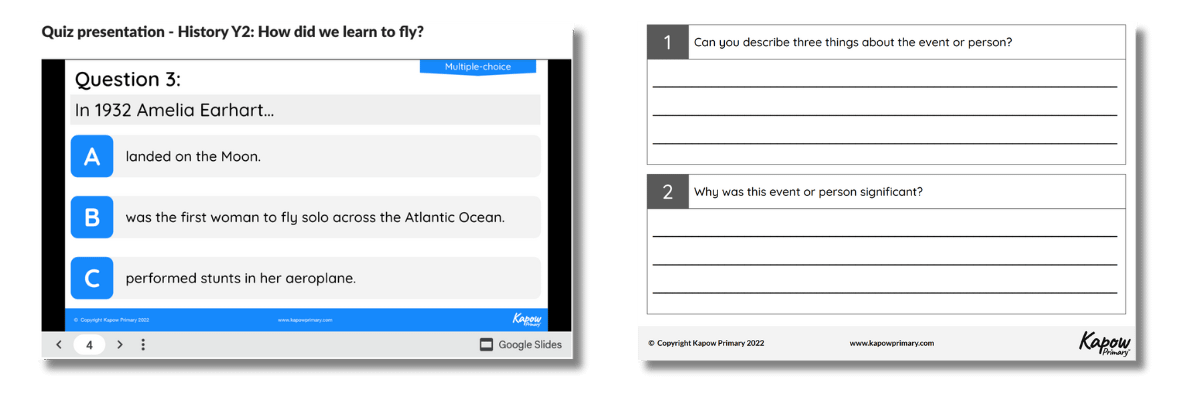What Can We Learn From Ofsted’s Subject Review For History?
Written by Kapow Primary
Published on 4th October 2023
Last Updated: 18th July 2024
Written by Kapow Primary
Published on 4th October 2023
Last Updated: 18th July 2024

This blog was written by History specialist, Clare Lally.
In July 2023, Ofsted published Rich Encounters with the Past: History Subject Report, offering insights into teaching primary History in England.
We’ll explore the trends observed by Ofsted and their recommendations for improving primary school History.
The report describes how History plays a more prominent and secure role in schools now than in the past. However, while the overall quality of primary History education has improved, according to Ofsted, teaching standards remain inconsistent.
In summary, the main findings of the report are:
What does Ofsted recommend to enhance the effectiveness of teaching and learning in primary History?
Teachers and subject leaders must grasp the importance of historical knowledge, particularly how understanding different societies, themes, concepts, and chronology enables pupils to learn about new topics more quickly.
The History curriculum should emphasise the most important content and concepts. These should be regularly revisited to empower pupils to secure their historical knowledge, for example by:
Assessment tools and approaches should be employed to identify and address gaps in pupils’ knowledge and misconceptions.
Supporting pupils with SEND should enable them to access and engage with the curriculum. Understanding key concepts and content is instrumental in making the curriculum meaningful to all pupils.
Subject leaders should ensure that the History curriculum provides pupils with a diverse range of encounters with the past, including different times, places, societies, and people. These should be viewed through four types of history: political, social, cultural, and economic.
A History curriculum should offer pupils opportunities to develop their understanding of how historians study the past and construct their accounts.
Teacher knowledge is fundamental to effective teaching and learning in History, so subject leaders should plan to develop their colleagues’ understanding of the curriculum and the best ways to teach pupils effectively.
Finally, leaders should evaluate the quality of primary History by assessing the depth, interconnectedness, and complexity of pupils’ historical understanding.
Kapow Primary History encompasses these recommendations via lesson plans, curriculum plans, and other supporting materials such as subject leader and assessment resources.
Our History scheme of work selects the most important historical content and concepts for teachers. Written by subject experts with years of classroom experience, our scheme covers key substantive concepts, including:
Kapow Primary’s spiral curriculum design enables children to explore these concepts in depth as they progress through their primary education.
Each unit of work is meticulously written to ensure pupils acquire essential knowledge. For assessment, the scheme includes:

Assessment resources from our Year 2: How did we learn to fly? unit in KS1 History.
Kapow Primary History offers diverse topics to widen pupils’ experiences. For example, our ‘Unheard Histories’ in KS2 History allow children to study significant individuals such as Ellen Wilkinson, Lily Parr, and Betty Snowball.
Throughout the scheme, pupils learn about different historical periods, civilisations, and societies. Diversity is woven into the scheme with opportunities to study black Tudors, Mary Seacole, and the Windrush generation.
The interactive timeline enables pupils to view simultaneous historical events and periods in different parts of the world.
‘History in Action’ videos offer an extraordinary insight into the world of those who study and use history in their work. The videos open pupils’ minds to the varied jobs in which history can be used, for example, archaeology, historical research, heritage, and conservation.
Kapow Primary’s CPD videos help teachers upskill their knowledge of substantive and disciplinary concepts to become more proficient and confident in their lesson delivery. Our Greek and Maya CPD videos are a fantastic example of how we actively support teachers to understand the significance of these civilisations.
Ofsted’s subject review for History raises some interesting points about curriculum quality, staff CPD, and diversity in education. It emphasises the need for teaching to solidify and consolidate children’s essential skills and knowledge of History. But while it provides valuable suggestions, schools need solutions.
Kapow Primary History lessons fulfil national curriculum requirements and recommendations while supporting teachers to deliver an engaging, enriching, high-quality curriculum. Suitable for all teachers, from non-specialists to subject leaders, this scheme is accompanied by integrated CPD, detailed planning documents, and subject leader support.